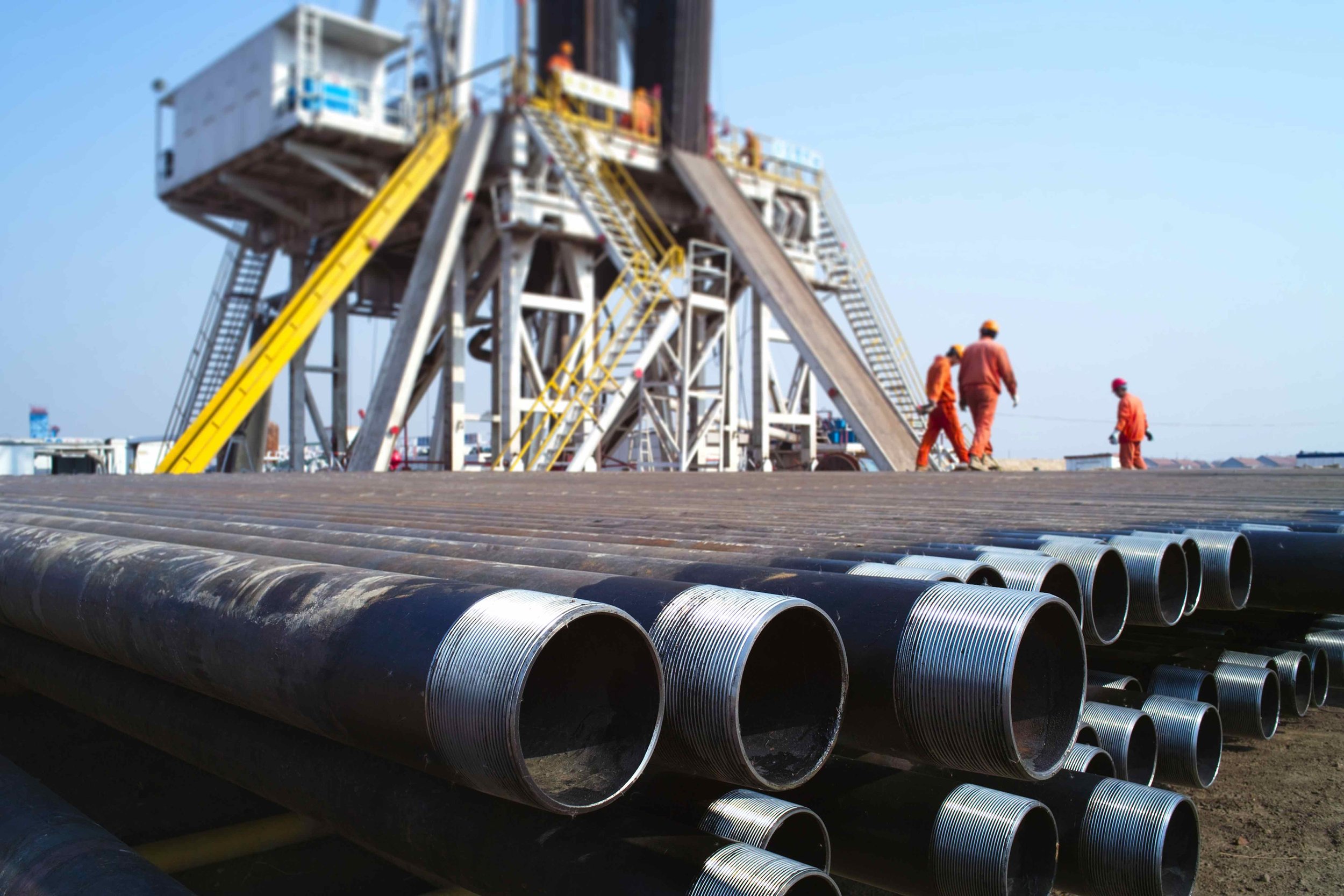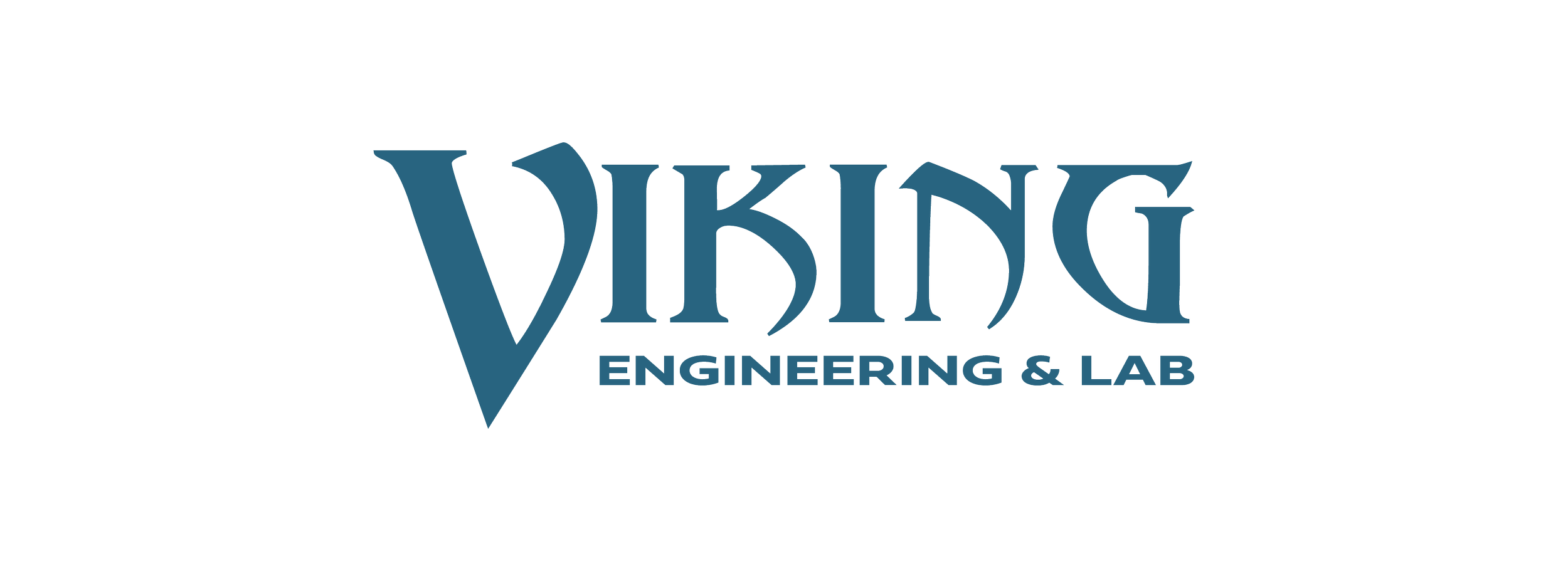
Structural Mechanics of Downhole Tubulars Workshop
3-Day Course on October 1-3, 2024 in Houston, TX
This 3-day course covers the relevant subjects required to understand the structural mechanics of downhole tubular design. A special emphasis on horizontal aspects will be included. The third day looks at interactive stresses from multiple fracturing events and will consider other relevant failure mechanisms, as well as provide an introduction to Geothermal and CCS Well Design.
Participants are encouraged to bring existing well designs to be used as part of the training examples and exercises.
Course Outline
Day 1 - Introduction to Casing Design (Duration: 8 Hours)
Introduction to Casing & Tubing Design - Instructor and student introductions are made in order to familiarize the instructor with each participant’s background. A casing design overview is provided and the course outline is discussed.
Objectives
Method
Material Aspects - This section takes an in-depth look at the material aspects of design. Basic material science concepts are followed by a brief look at ISO 15156.
Pipe Mechanics
Sour Service (H2S)
Casing Loading & Design Considerations - The most common drilling load cases are presented.
Drilling Casing Load Cases
Fundamental Design Principles - Load calculation methods for burst and collapse design factors are presented.
Burst & Collapse
Burst with Class Exercise
Collapse with Class Exercise
Day 2 - Fundamental Design Principles (Duration: 8 Hours)
Connection Selection - The components of a connection and connection selection techniques are discussed.
API
Semi-Premium
Premium
Fundamental Design Principles (cont.) – Load calculation methods for the tension, compression, and triaxial design factors are presented.
Service Life Design Methods
Buoyancy & Pressure-Area Method
Tension/Compression with Class Exercise
Triaxial with Class Exercise
Casing Loading and Design Considerations – The most common production casing load cases are presented with special emphasis on the Casing Frac load case.
Production Casing Load Cases
Permian Well Design – A discussion of lessons learned from past Permian well designs.
Connection Selection
Rig Practices
Inventory
Doglegs
Torque & Drag
Day 3 - Stresses During Hydraulic Fracturing and Intro to Geothermal & CCS Well Design
Casing Damage - Casing damage during hydraulic fracturing in horizontal wells is on the rise as in-fill wells are added, jobs are bigger and well and frac spacing are narrowing.
This course offers a look into a world of interactive stresses from multiple fracturing events using case histories, plus information on erosion, mechanical damage and chemical reactions.
Geothermal & CCS Wells - extremely high temperatures in Steam injection and Geothermal wells along with produced fluid chemistry pose significant challenges in casing design for these wells. Elevated temperature reduces the yield strength of the casing and produced brine can contain CO2 and H2S among other gases. CO2 injection and CCS wells differ from typical oil and gas wells as they have increasing pressure over the life of the well, corrosion and pitting concerns due to CO2 and impurities in the injection stream and have a much longer regulatory lifetime and stringent regulatory requirements.
Most common drilling, production and injection loads are discussed along with special considerations for conducting casing design for geothermal and CCS wells.
Our Instructors
Barry Cresap
Well Design Engineering Director
Barry has over 20 years of oil and gas experience, primarily working as a principal drilling engineer and manager over a wide range of campaigns and rig types for both land and offshore. His engineering experience spans across both conventional and unconventional designs and operational practices including deepwater, shelf, and horizontal drilling. He began his career with ENSCO and completed a 3-year “fast-track” superintendent program which entailed working rig-based positions from crane crew, drill crew, up tonight toolpusher on jack-ups in the Gulf of Mexico. He broadened his experience at Grey Wolf / Precision Drilling while executing turnkey contracts all along the US Gulf Coast.
He joined BHP in 2012 in the Eagle Ford as a Senior Drilling Engineer and moved up to Drilling Manager. He joined the offshore division in 2014 and executed a deepwater exploration well in Central GOM (4,200 feet WD) in 2017 to 32,000’MD. He moved internationally to Perth, Australia in 2019 - 2021 to plan a multi-lateral campaign (12,000 feet laterals) along Australia’s Northwest Shelf. He and his family have since returned back to the US. He left BHP in 2021 with the merger acquisition by Woodside. He joined Viking shortly thereafter and now resides with his family in Katy, TX.
George King
Production Operations Team Lead
George E. King is an independent contractor for Viking Engineering as a Registered Professional Engineer. He work in Texas and Oklahoma with over 50 years of oilfield experience since starting with Amoco Production Research in 1971. He has a BS degree majoring in Chemistry from Oklahoma State University and a BS in Chemical Engineering and a MS in Petroleum Engineering from the University of Tulsa.
Technical accomplishments include over 100 technical papers, book chapters and industry articles and he has served as an Adjunct Professor at the University of Tulsa from 1988 to 1998, teaching well completions, workovers and stimulations in night classes. He regularly presents invited guest lectures at Universities in Oklahoma, Colorado, and Texas.
Parveen Sachdeva
Renewables & Special Projects Manager at Viking Engineering
Parveen Sachdeva has over 15 years of oilfield experience. His expertise is in critical well design, flow assurance modeling and thermal analysis of wellbore heat transfer. At Viking Engineering he has been involved in projects for casing design of class IV & class IV CO2 Injection (CCUS) wells, high temperature geothermal wells, casing and tubing design of shale gas wells & deep-water (HPHT) wells. He is well versed with design software WELLCAT, TDAS & StrinGnosis, and flow assurance software WELLFLO. His research interests include thermal well design including steam injection and high temperature geothermal wells. Sachdeva has authored or coauthored 8 technical papers and holds 1 US patent. He received his B.S. degree in Aerospace Engineering from Indian Institute of Technology (IIT Kanpur), and M.S. & PhD in Mechanical Engineering from the University of Central Florida.
Choose which way you would like to register for the course:
Register For Course & Pay By Credit Card
Paying by credit card incurs a 6.25% markup.
Register for Course & Pay by Invoice
Fill out the form below to register and request invoice.






